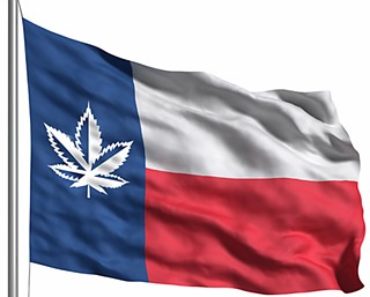Apparently, the higher your salary, the more time your employer will pay you not to work.

Photo: VacationIdea.com
Quartz Survey Results
A recent survey conducted by Quartz found that people with higher salaries get more paid days off. This means that half the people in the top 25% of earners received at least 10 days of paid vacation. Which is great, but only one-tenth of the bottom 25% got this amount of time off.
Paid vacation time is often overlooked in measures of pay inequality in the United States. This is because the value of time off does not appear in the household income statistics. Yet paid vacation time is a huge factor when looking at lifestyle differences between the American poor and the rich.
The polarity does not sit well in an era of growing divergence between the rich and the poor. Unlike in the EU, where companies are obliged to give workers a minimum of 20 vacation days, there is no legal minimum in the U.S.
Major Difference in Workforce Benefits
The UK and the US may share a common language, but there are some serious cultural differences. Such differences can make the two places feel as if they’re worlds apart. When it comes to work-life balance and careers, there are some major differences between Americans and Brits. One of the biggest culture shocks is the American attitude towards vacation days.
In the UK, almost all full-time workers are legally entitled to at least 28 days of paid vacation a year. Most employers will include eight bank and public holidays into that figure, leaving the average British worker with about 20 days of vacation.
A 2013 study by the Center for Economic and Policy Research found that the US was the only advanced economy in the world that didn’t mandate any paid vacation for the workforce. Almost one in four Americans have no paid vacations and no paid holidays.
And those who are blessed with time off average just 10 days of paid vacation and about six paid holidays a year. That’s less than the minimum legal standard for many of the world’s richest economies— except Japan, which guarantees 10 paid vacation days but no paid holidays, according to the study.
Why Do We Need More Time Off?
Several studies have found that taking time away from work can improve productivity, increase happiness, and spark creativity.
Americans and their brains are preoccupied with work much of the time. Throughout history, people have intuited that such puritanical devotion to perpetual busyness does not, in fact, translate to greater productivity and is not particularly healthy.
What if the brain requires substantial downtime to remain industrious and generate its most innovative ideas? “Idleness is not just a vacation, an indulgence or a vice; it is as indispensable to the brain as vitamin D is to the body, and deprived of it we suffer a mental affliction as disfiguring as rickets,” essayist Tim Kreider wrote in The New York Times. “Space and quiet that idleness provides is a necessary condition for standing back from life and seeing it whole, for making unexpected connections and waiting for the wild summer lightning strikes of inspiration—it is, paradoxically, necessary to getting any work done.”
In other words, taking time off is a win for everyone — including you, your boss, and even the economy.









